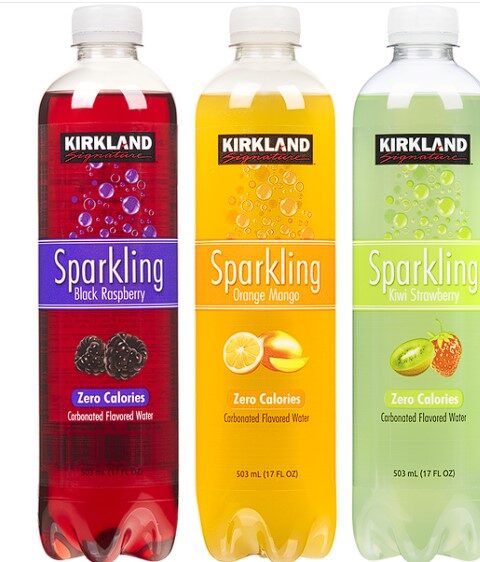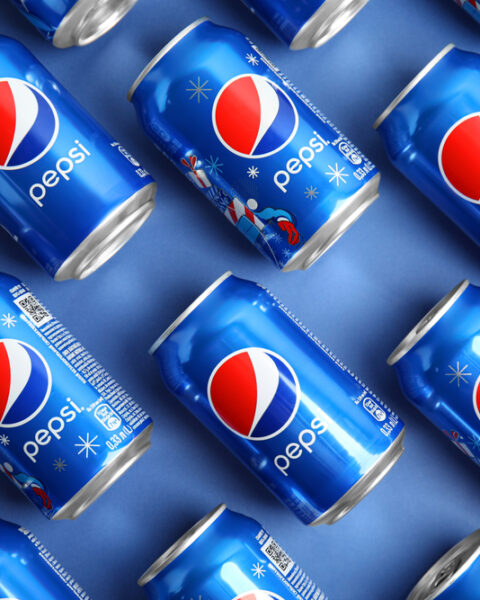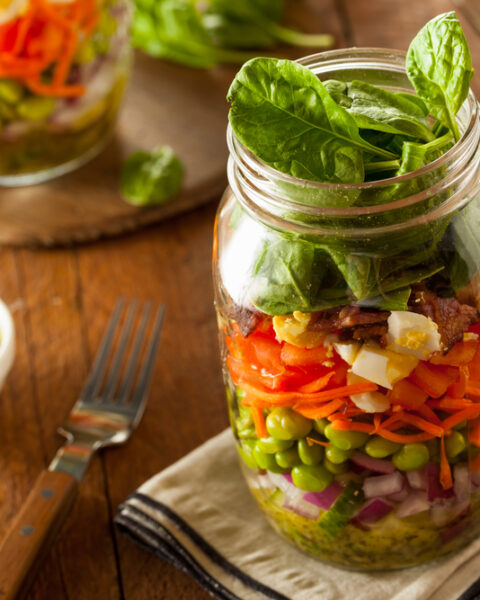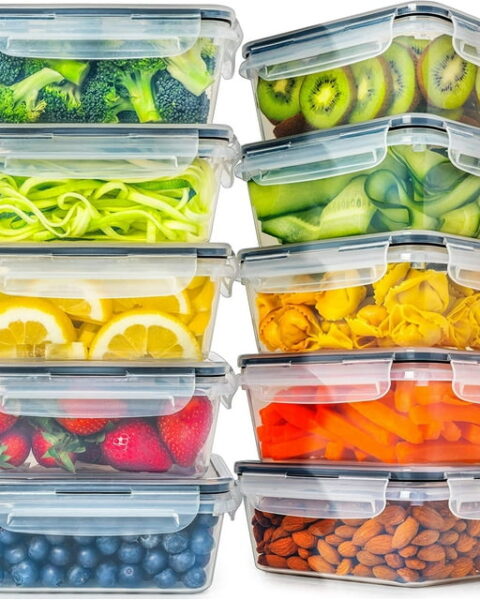When it comes to bouncing back faster after a workout, an injury, or even a rough week, what you eat can make all the difference. Nutrient-packed foods are like little recovery boosters, helping repair muscles, reduce inflammation, and keep energy levels up. Here’s a guide to some powerful foods that can help speed up your recovery, keeping you fueled and feeling strong along the way.
Contents
- 1 Leafy Green Vegetables
- 2 Eggs
- 3 Salmon
- 4 Berries
- 5 Nuts and Seeds
- 6 Poultry
- 7 Sweet Potatoes
- 8 Greek Yogurt
- 9 Quinoa
- 10 Citrus Fruits
- 11 Bone Broth
- 12 Turmeric
- 13 Ginger
- 14 Beetroot
- 15 Watercress
- 16 More From RetailShout
- 17 16 Best Organic Finds at Aldi for Health-Conscious Shoppers
- 18 18 Comforting Slow Cooker Recipes Inspired by the `70s
Leafy Green Vegetables
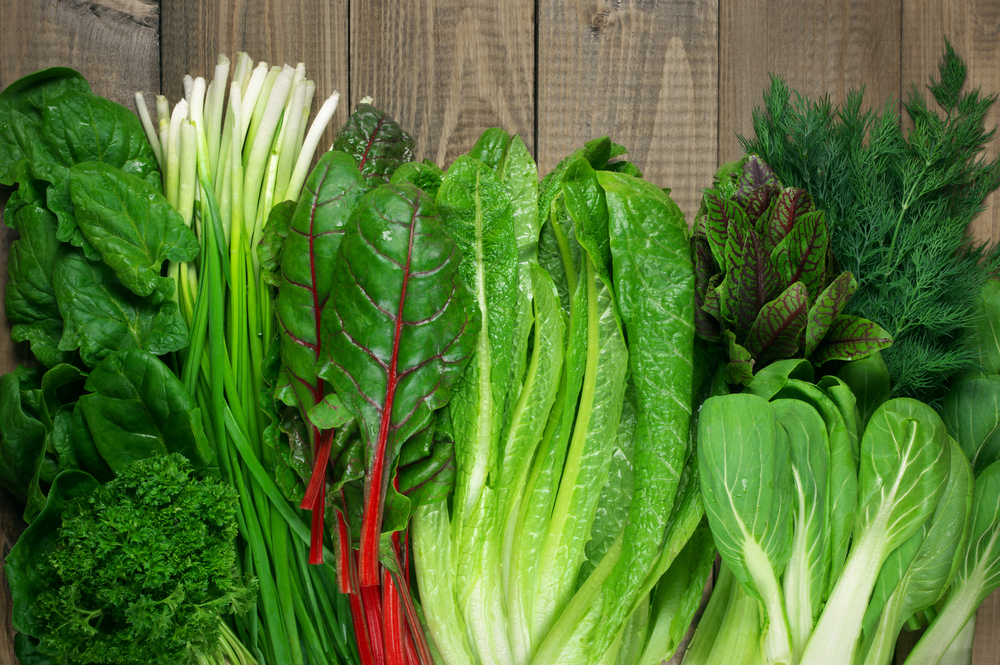
Leafy greens like spinach, kale, and Swiss chard are rich in vitamins A, C, and K, which are essential for immune function and wound healing. They also provide minerals such as iron and calcium, supporting overall health. The high antioxidant content in these vegetables helps combat oxidative stress, reducing inflammation. Including a variety of leafy greens in your diet can aid in faster recovery from injuries or surgeries. Their fiber content also promotes digestive health, which is crucial during the healing process.
Eggs

Eggs are an excellent source of high-quality protein, providing all essential amino acids necessary for tissue repair. They contain vitamins B12 and D, which play roles in energy production and bone health, respectively. The presence of choline in eggs supports cell membrane integrity and neurotransmitter synthesis. Consuming eggs can enhance muscle recovery and strength after physical exertion. Their versatility makes them easy to incorporate into various meals throughout the day.
Salmon
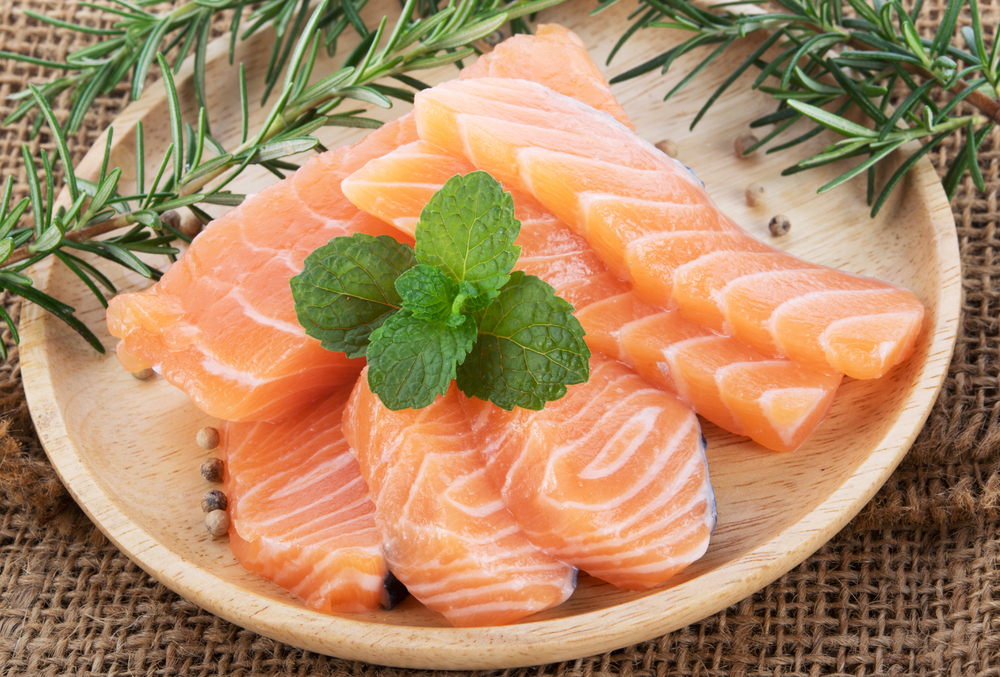
Salmon is rich in omega-3 fatty acids, particularly EPA and DHA, which have anti-inflammatory properties that can reduce muscle soreness. It provides high-quality protein essential for muscle repair and growth. The presence of B vitamins in salmon aids in energy production and supports metabolic functions. Regular consumption can improve cardiovascular health, benefiting overall recovery. Its versatility allows for various culinary preparations, making it a flavorful addition to a recovery-focused diet.
Berries
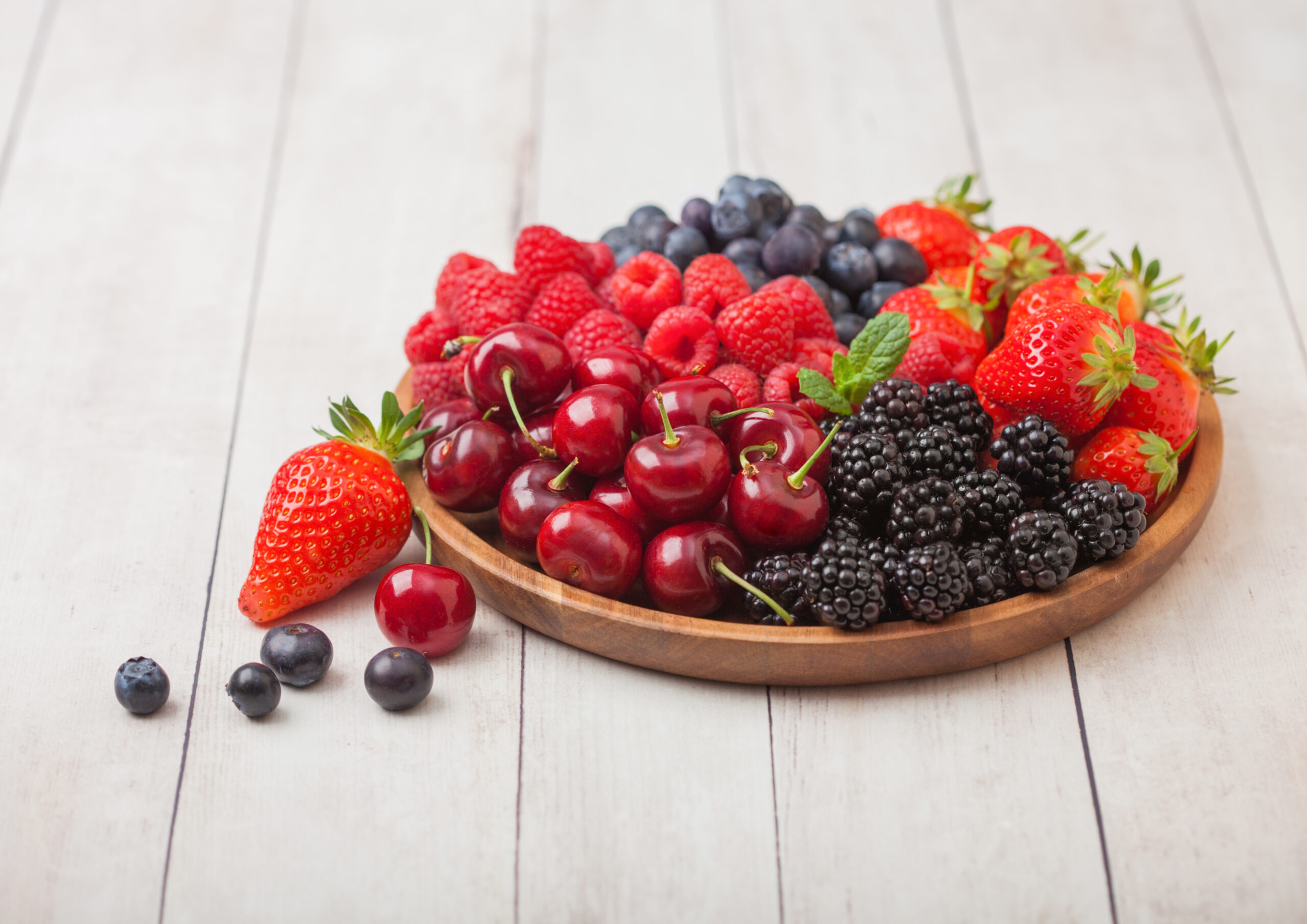
Berries such as blueberries, strawberries, and raspberries are packed with antioxidants like anthocyanins, which combat oxidative stress and inflammation. They are high in vitamin C, supporting collagen formation and tissue repair. The fiber content in berries aids digestion and helps maintain a healthy gut microbiome, crucial for immune function. Including a variety of berries in your diet can enhance recovery by reducing muscle damage and supporting immune health. Their natural sweetness makes them a healthy alternative to sugary snacks.
Nuts and Seeds
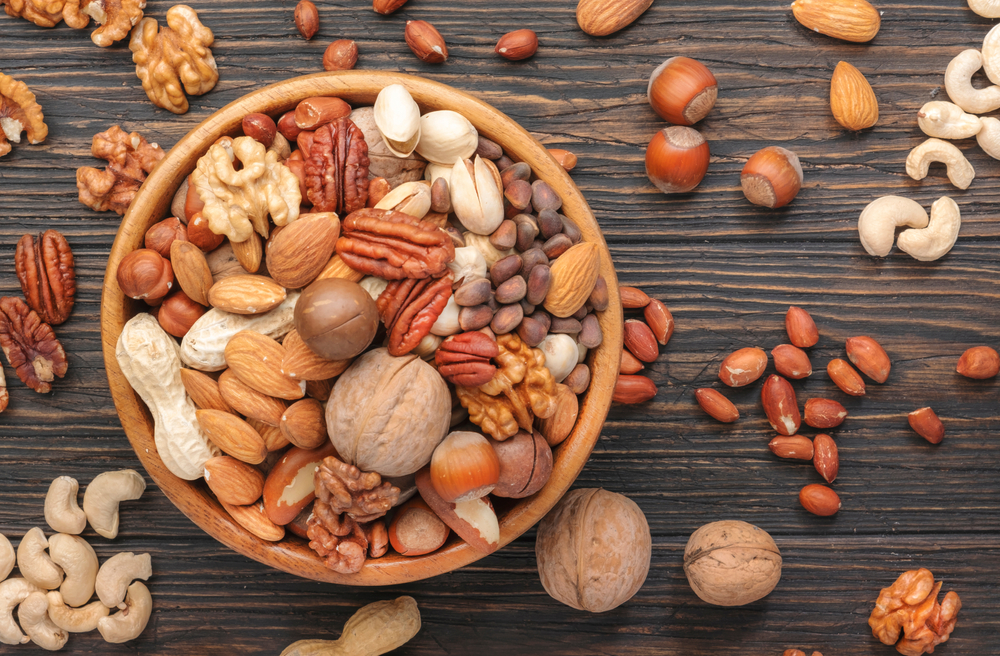
Nuts and seeds, including almonds, walnuts, chia seeds, and flaxseeds, are excellent sources of healthy fats, protein, and fiber. They provide essential minerals like magnesium and zinc, which play roles in muscle function and immune response. The omega-3 fatty acids found in certain nuts and seeds have anti-inflammatory effects, aiding in recovery. Their nutrient density makes them a convenient snack option to support healing processes. Incorporating a variety of nuts and seeds can provide a broad spectrum of nutrients beneficial for recovery.
Poultry

Poultry, such as chicken and turkey, offers lean protein necessary for muscle repair and growth. It contains B vitamins, including niacin and B6, which are involved in energy metabolism and red blood cell formation. The amino acids in poultry, like leucine, stimulate muscle protein synthesis, enhancing recovery. Its versatility in cooking allows for various healthy meal preparations. Regular consumption can support immune function due to its zinc content.
Sweet Potatoes
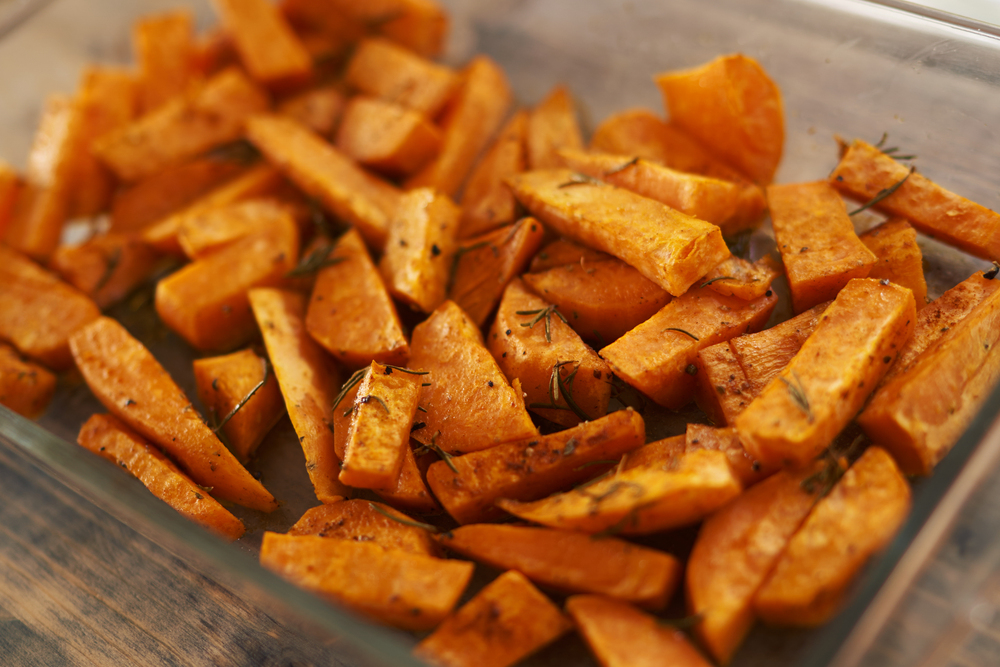
Sweet potatoes are rich in complex carbohydrates, providing sustained energy essential for recovery. They are high in beta-carotene, which the body converts to vitamin A, supporting immune function and skin health. The fiber content aids in digestion and helps maintain blood sugar levels. Including sweet potatoes in your diet can replenish glycogen stores depleted during physical activity. Their natural sweetness and versatility make them a nutritious addition to meals.
Greek Yogurt
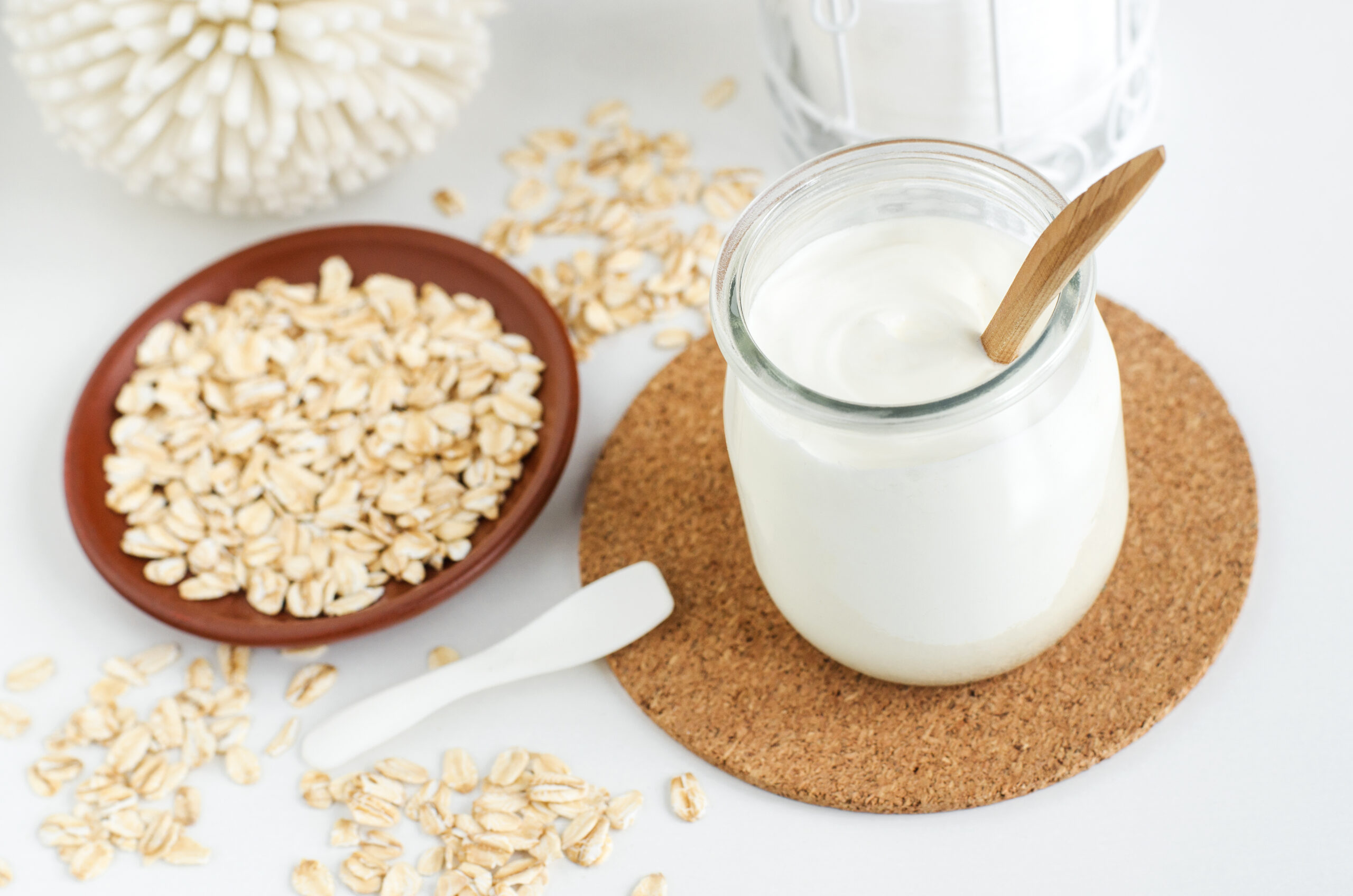
Greek yogurt is a good source of protein, particularly casein, which provides a slow release of amino acids beneficial for muscle repair. It contains probiotics that support gut health, crucial for nutrient absorption and immune function. The calcium and vitamin D in Greek yogurt contribute to bone health, aiding recovery from injuries. Its creamy texture and tangy flavor make it a versatile ingredient in both sweet and savory dishes. Choosing plain, unsweetened varieties ensures you avoid added sugars, maximizing its health benefits.
Quinoa
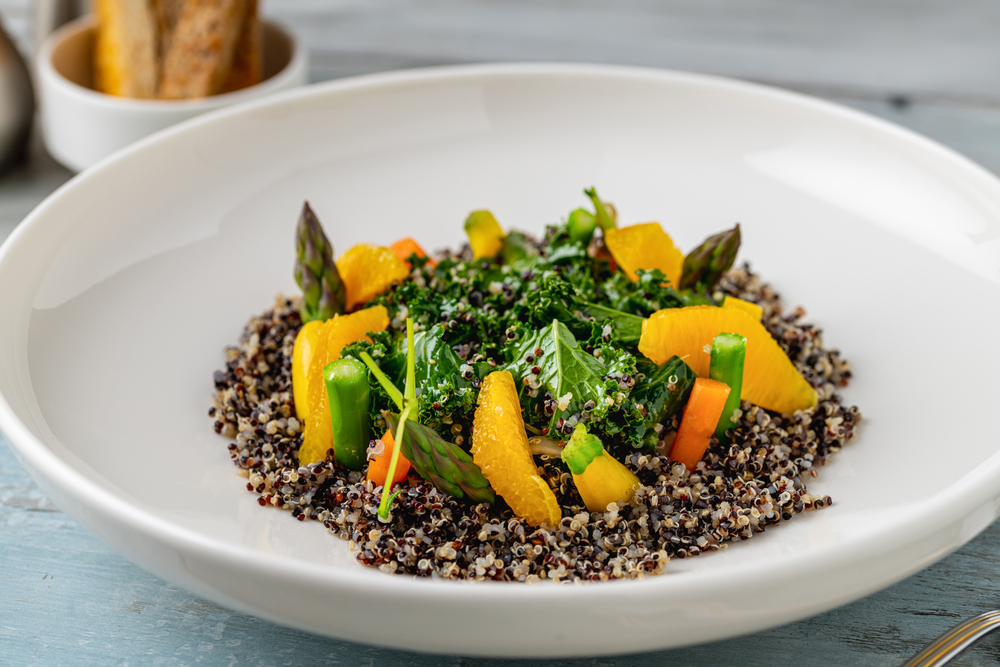
Quinoa is a complete protein source, containing all nine essential amino acids necessary for tissue repair. It is rich in complex carbohydrates, providing sustained energy for recovery processes. The high fiber content aids digestion and helps regulate blood sugar levels. Quinoa also offers minerals like magnesium and iron, supporting muscle function and oxygen transport. Its versatility allows it to be used in various dishes, from salads to main courses.
Citrus Fruits
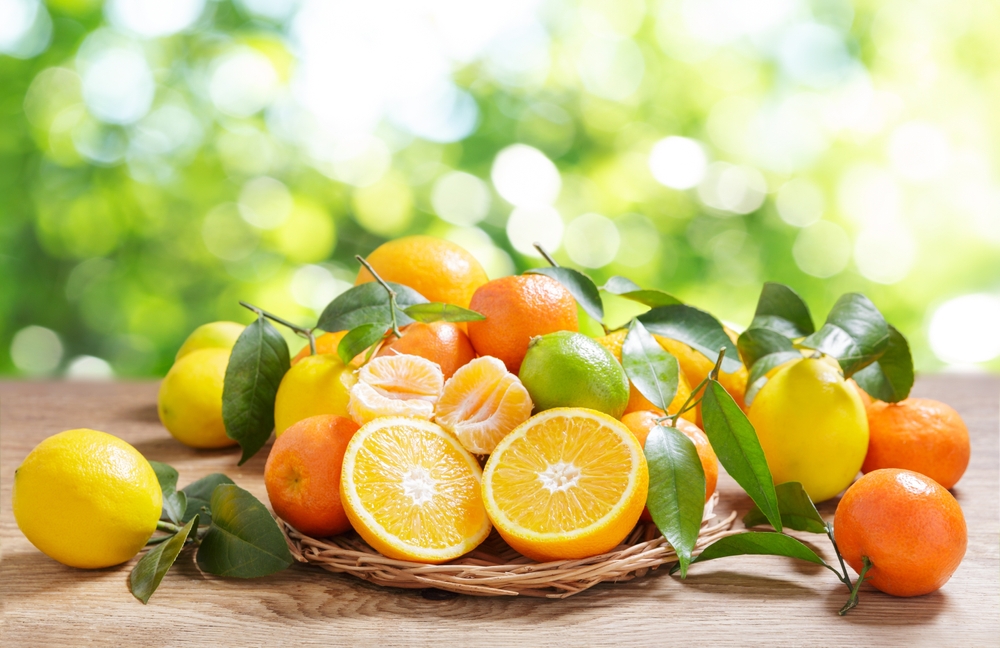
Citrus fruits such as oranges, lemons, and grapefruits are high in vitamin C, essential for collagen synthesis and tissue repair. They provide antioxidants that combat oxidative stress, reducing inflammation during recovery. The natural sugars in citrus fruits offer a quick energy boost, aiding in replenishing glycogen stores. Their high water content helps maintain hydration, crucial for healing processes. Incorporating a variety of citrus fruits can enhance immune function, supporting overall recovery.
Bone Broth

Bone broth is rich in collagen, which supports joint health and aids in tissue repair, making it an excellent addition for recovery. It contains amino acids like glycine and proline, which are essential for muscle recovery, gut health, and reducing inflammation. The minerals present, such as calcium, magnesium, and phosphorus, contribute to bone strength and muscle function, providing foundational support for healing.
Turmeric
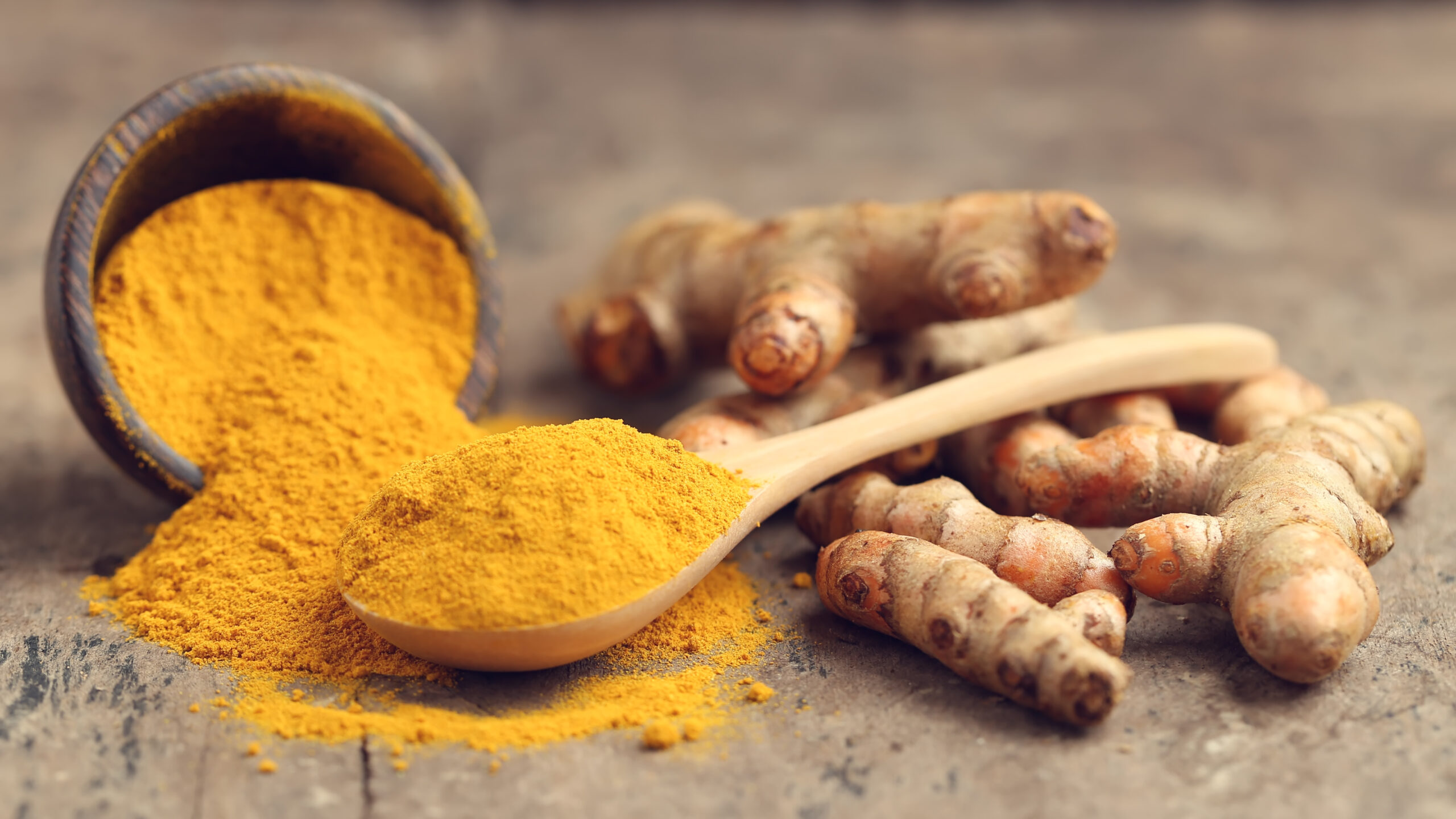
Turmeric is a vibrant yellow spice renowned for its anti-inflammatory and antioxidant properties, primarily due to its active compound, curcumin. Incorporating turmeric into your diet can help reduce inflammation and oxidative stress, which are common after physical exertion or injury. Its potential to alleviate muscle soreness and enhance recovery has been supported by various studies. To improve curcumin absorption, it’s beneficial to consume turmeric with black pepper, which contains piperine, a compound that increases bioavailability.
Ginger
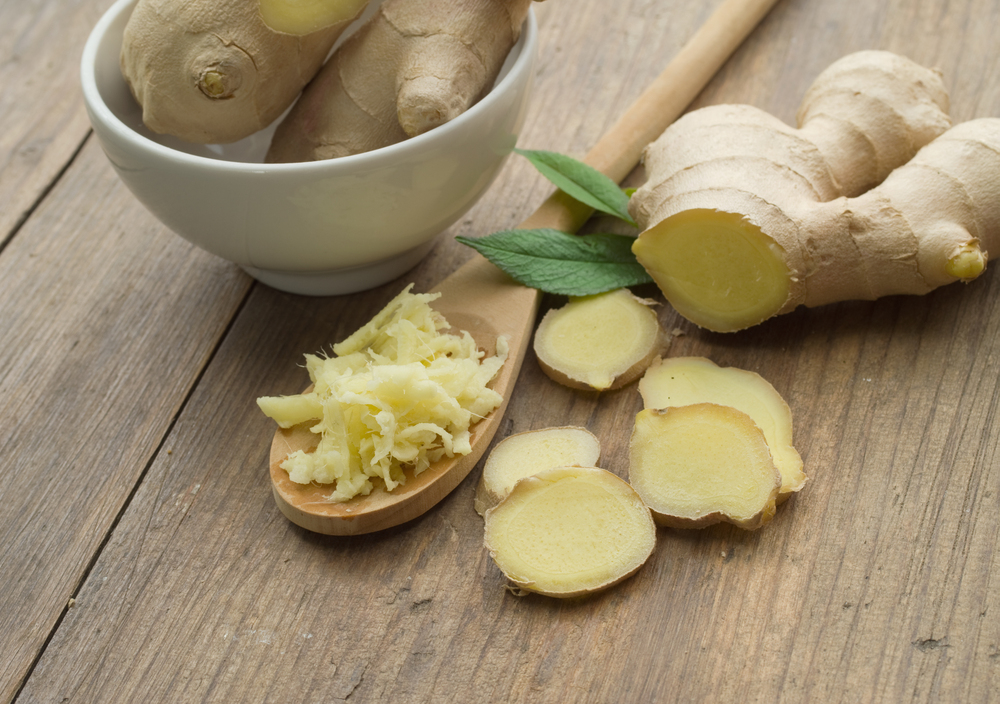
Ginger is a root known for its potent anti-inflammatory and antioxidant effects, which can aid in reducing muscle pain and soreness. Consuming ginger post-exercise may help decrease exercise-induced muscle damage and accelerate recovery. Its bioactive compounds, such as gingerol, contribute to its medicinal properties. Incorporating ginger into your diet through teas, smoothies, or as a spice in cooking can provide these benefits. Regular intake of ginger can also support immune function, further aiding the recovery process.
Beetroot
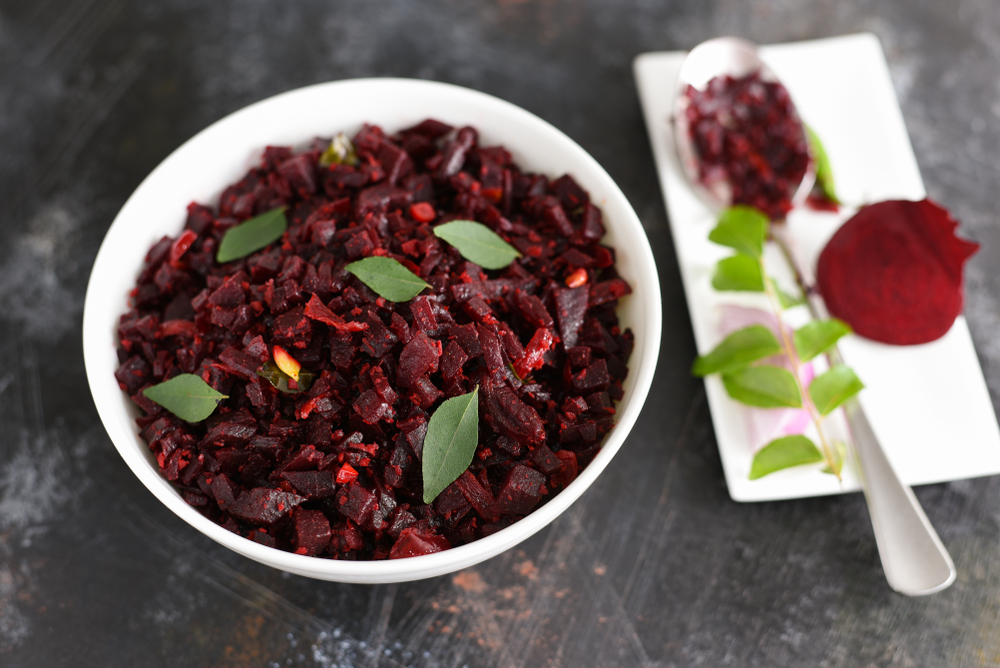
Beetroot is rich in dietary nitrates, which can enhance blood flow and oxygen delivery to muscles, improving exercise performance and recovery. Its antioxidant properties help reduce inflammation and oxidative stress associated with intense physical activity. Consuming beetroot juice or incorporating cooked beets into meals can support muscle recovery and reduce soreness. Additionally, beetroot provides essential nutrients like folate, potassium, and vitamin C, contributing to overall health. Its natural sweetness makes it a versatile ingredient in both savory and sweet dishes.
Watercress
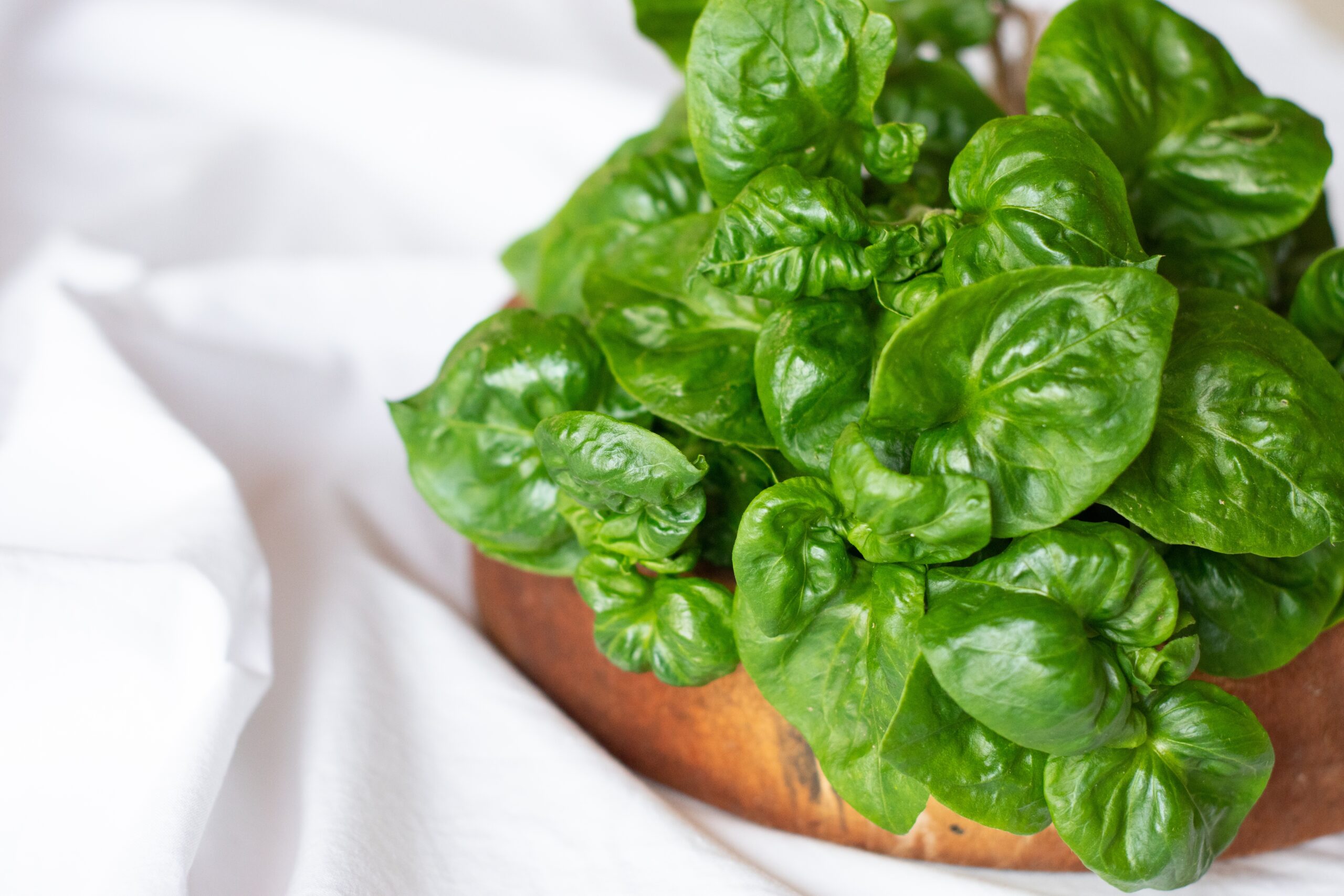
Watercress has been identified by the CDC as the most nutrient-dense vegetable, scoring a perfect 100 in their ranking of “powerhouse” fruits and vegetables. It is particularly noted for its high levels of vitamins K, A, C, and B, magnesium, calcium, and potassium, making it beneficial for bone health, immune support, and low-calorie content. Additionally, watercress supports heart health by reducing inflammation and oxidative stress and contains compounds that lower blood pressure.
This article originally appeared on RetailShout.
More From RetailShout
15 This Month’s Best Walmart Deals on Great Value Essentials
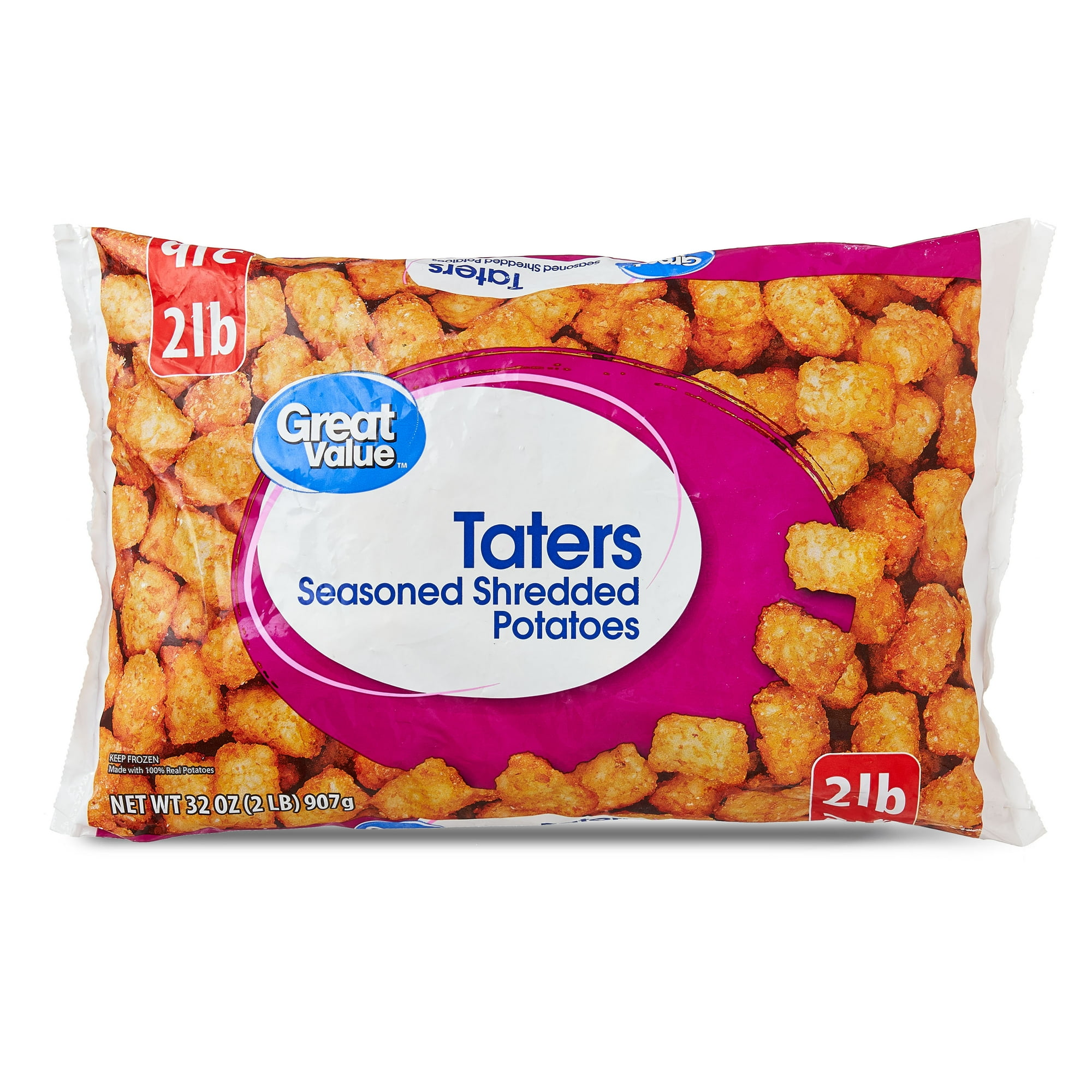
Looking to stock up on essentials without breaking the bank? This month, Walmart’s Great Value line has you covered with solid deals on everyday items that balance quality and price. Read More.
16 Best Organic Finds at Aldi for Health-Conscious Shoppers

If you’re on a mission to eat healthier without emptying your wallet, Aldi is your best bet. This discount supermarket is packed with organic goodies that make healthy eating feel like a treat rather than a chore. Read More.
18 Comforting Slow Cooker Recipes Inspired by the `70s
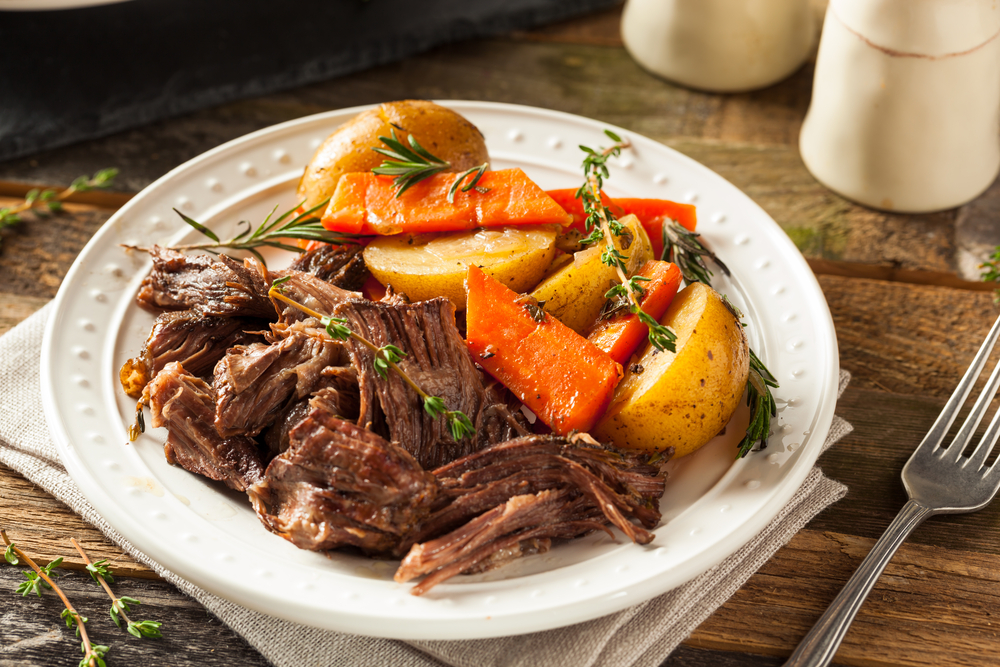
There’s something incredibly nostalgic about the comforting recipes that came out of the ’70s. The slow cooker was a kitchen staple back then, and it made everything easier, from hearty dinners to cozy family meals. Read More.


